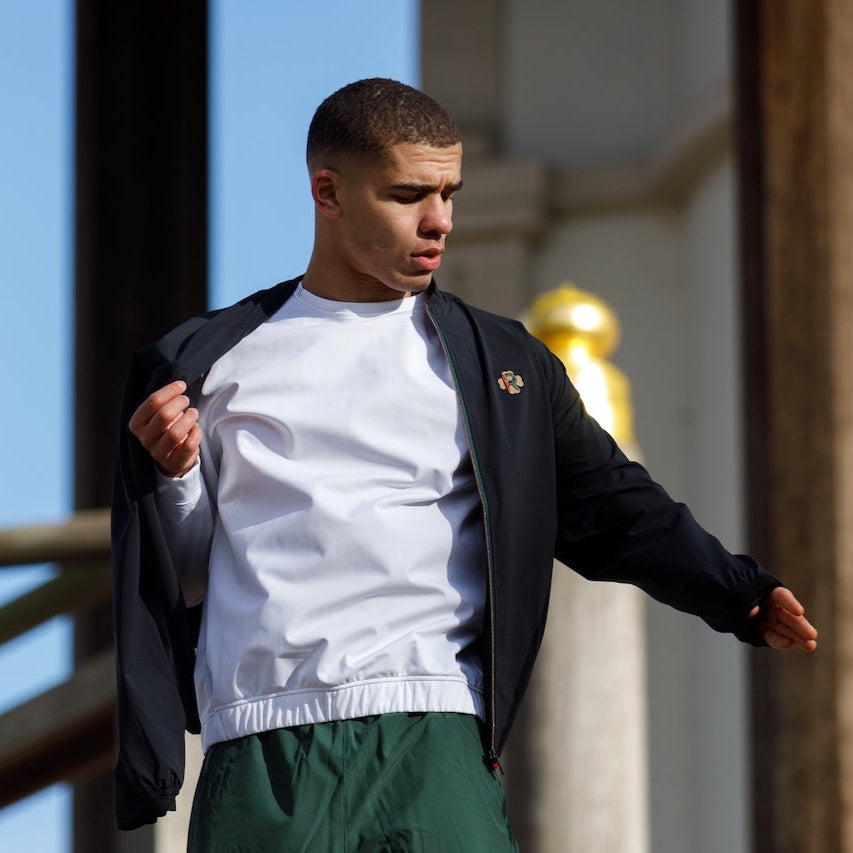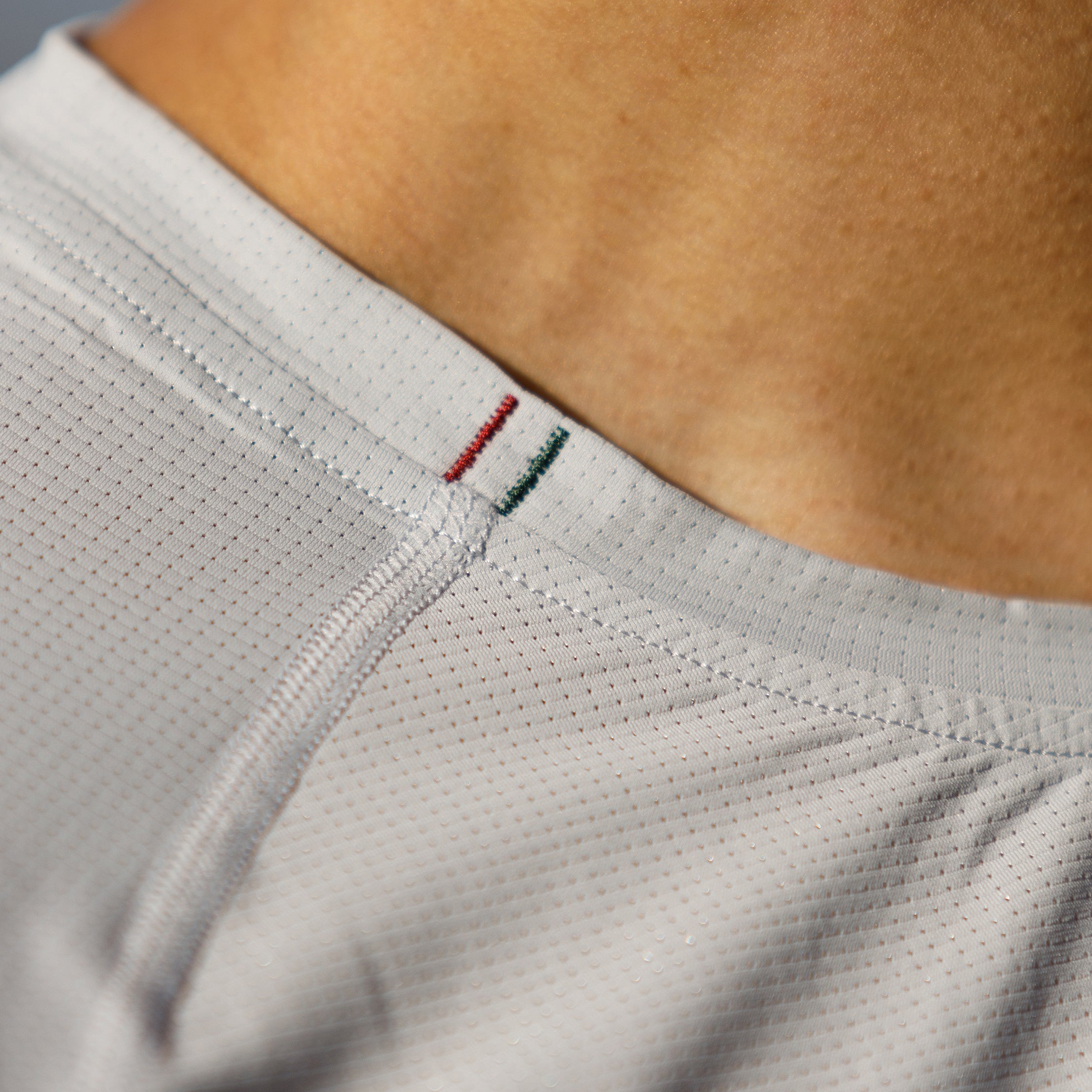
WHICH IS THE MOST COVETED BELT IN BOXING
“Champion of the world”, “World’s greatest boxer” are both big accolades. In any weight division, there could be as many as four people (or more!) who claim the same title. So who has the most legitimate claim to be the universal champion?
For the sake of this article, we are only considering four sanctioning organisations and we have recognised those organisations based on the date those organisations were first established. In chronological order of their foundation, they are the WBA; the WBC, the IBF and the WBO.
Before we get into the details, the four major sanctioning organisations perform a very necessary function for professional boxing across the globe. They sanction championship fights in exchange for a fee and they rank boxers. Depending on where you are in the world might shape your view as to what belt or organisation is the most coveted. It is also worth giving special mention to the IBO, which is perhaps the next most legitimate sanctioning organisation and we are omitting them from this article. We all wish the organisations would work together more, but that’s another topic for another journal!
Let’s try to answer which boxing organisation legitimises the world’s greatest boxers and decide which is the most coveted belt in world boxing.
WBA
The WBA was set-up in 1921, known back then as the NBA (National Boxing Association) of the USA, which included representation from 13 States. Prior to becoming the NBA, the New York State Athletic Commission was at the heart of boxing and the power of attorney to recognise fighters, sanction championships and determine ratings was centred in their hands. Allegations of match fixing due to the involvement of the Cosa Nostra (aka ‘The Mob’) and the growing popularity of boxing across America gave rise to the NBA, in order to broaden the voice of recognition beyond NY state. In 1962 it changed its name to the WBA in recognition of boxing's growing popularity worldwide and began to include other nations as members. It has been criticised for being too Latin American in its focus. In 1962 the WBA moved its headquarters to Panama and then on to Caracas (Venezuela) for a while and now its currently headquartered back in Panama.
The current President of the WBA, Gilberto Mendoza is the son of the previous President Gilberto Mendoza Senior. Gilberto Senior is Venezuelan and this explains the move of the organisation’s HQ to Caracas. The WBA has been controlled now by one family since 1982.
Like all sanctioning organisations, there have been many controversies, including claims of favouritism (nepotism in the case of the WBA) and corruption. In a 1982 interview, boxing promoter Bob Arum famously claimed that he had to pay off WBA officials to obtain rankings for his fighters. However, we can thank the WBA for creating what is today known as the Junior Middle weight (147 lbs) and Cruiser weight division (200lbs).
But the primary bone of contention for taking the WBA seriously, is the fragmented nature of their championships. It is in theory possible for as many as four champions to be recognised in each weight division (x17), holding titles such as ‘Super champion’, Regular, Interim or even Gold title. As of December 2019 for example, they simultaneously recognised a WBA Super champion (Anthony Joshua), WBA champion (Manuel Charr), WBA interim champion (Trevor Bryan) and WBA Gold champion (Robert Helenius) in the heavyweight division. There have even been instances where different WBA world champions have defended versions of the same title, in the same weight class, on the same date in different events. The WBA compared to all other sanctioning organisations have given out too many belts and all of them for a fee, which comes out of the boxer’s purse.
WBC
The World Boxing Council, (with the now eponymous ‘Green Belt’) was first established in 1963, just one year after the WBA. There were originally eleven founding countries as members, but eight of those are Latin American countries. Still, the founding footprint for the WBC meant it was truly incorporating a wider (…wider than the WBA) base of representatives for what was an increasingly global sport. However, the WBC was founded and still is HQ-ed in Mexico City, which gives rise to one of the first criticisms; favouring Mexican fighters and ‘Star fighters’. This is a criticism that can be levied at the WBC to this day.
The WBC is currently presided over by Mauricio Sulaiman, who is the son of the former President, José Sulaiman. Like the WBA, the WBC is run like a family institution and thus claims of nepotism abound. Don José Sulaiman was cosy with Don King during his time and Don King can be unanimously labelled as a corrupt force with the benefit of hind sight. Sulaiman was accused of being King’s partner in crime as opposed to King’s regulator, which is what the WBC should have been.
Like the WBA, there are many versions of the WBC’s own belts. The WBC have created; the ‘Diamond’, ‘Silver’, ‘International’ versions of their own titles and as always, a belt comes with a sanctioning fee. Admittedly the WBC have been around a very long time, so it may seem more acceptable that they have created titles for special circumstances. But historically, the WBC can be strongly criticised for not conforming to their own rules. The most famous case resulted in them going bankrupt, only then to settle out of court and remain solvent by the skin-of-their-teeth.
Roy Jones Junior was happy to vacate his WBC Light-heavyweight title, so he could compete in the heavier divisions. So the WBC sanctioned a fight for the now vacant WBO Light-heavyweight title. A man called Graziano Rocchigiani won, becoming the WBC Light-heavyweight world champion. The RJJ had a change of heart and wished to be re-instated as the WBC Light-heavyweight champion; the WBC obliged and stripped Rocchigiani of this title. The next day Rocchigiani filed a lawsuit against the WBC for breaking their own rules and diminishing his earning potential based on loss of stature and recognition. Rocchigiani won and the court ruled the WBC to pay $30m. The WBC was bankrupt. If it wasn’t for some persuasive and influential people in the boxing world, who pleaded with Rocchigiani to settle out of court, the WBC would no long er exist. Rocchigiani settled for a six-figure sum in the end and saved the WBC.
The WBC can be credited with reducing fights from 15-rounds to 12. They decided to implement the change after the death of a Korean fighter (Kim Duk-Koo) in 1982 and every other sanctioning body followed suit. That’s why 12 rounds is the limit on fighting today. They also take credit for establishing the Junior Flyweight division of 108 lbs in 1975, the Super-Flyweight (115 lbs) in 1980 and the Super-Bantam (122 lbs) division in 1980.
IBF
In 1983, Bob Lee established the IBF - International Boxing Federation. Bob had lost the election race for the next President of the WBA and then founded the IBF in New Jersey, to promote US fighters more. He felt that the WBA and WBC had shunned the US fighters at the time for too long. The first time the IBF gained credibility was when they recognised and sanctioned vacant titles for the likes of Larry Holmes, Martin Hagler, Aaron Pryor and Donald Curry. But in 1999 Bob resigned due to racketeering and charges of bribery to rank fighters. Shock horror!
The IBF can today be credited with having established the minimum weight division of (105 lbs) in 1987 and the Super-Middleweight division (168 lbs) in 1984.
WBO
In 1988, some Puerto Rican lawyers and Dominican representatives set-up the WBO. They were firmly against the way the WBA were conducting business and did not favour their rules. Initially they marketed themselves as a Non-profit organisation.
The first heavyweight champion that the WBO recognised was a man called Francesco Damiani. To put this in perspective, Mike Tyson was the title holder of all the other three sanctioning body’s heavyweight belts. So the WBO didn’t shower themselves in credibility for this move. However, they did begin to recognise and include a much more European-oriented fighter base. At this time Eastern Europe was emerging as a base of boxing talent too and the WBO’s recognition of the likes of Eubank, Prince Naseem, Calzaghe and Vladimir Klitschko proved to be very fruitful for the WBO’s future credibility, as this crop of UK and European fighters soon emerged as world contenders. In this day and age, the WBO’s reach has really captured the emergence of Asian fighters, including Thailand and Japan.
Unlike the WBC and the WBA, the IBF and the WBO both have one legitimate champion per weight division. They have not created spurious belts and recognition for the sake of monetising.
CONCLUSION
If we want an objective view on who is the world’s greatest fighter, we ought to look at the ratings and rankings of publications such as; Ring magazine, Boxing monthly or ESPN. None of these take money to provide their ratings. Beyond that, we ought to not put too much emphasis on who holds which belt at any given time and instead look at the rankings to see who really is the true, universal champion.
The WBC can be heavily criticised for paying to cover fights that they have very little to do with. For example, when Canelo fought Chavez Junior (both Mexicans) on May 6th 2017 (one day after 'Cinco de Mayo'), the WBC created a title belt for this fight so they could gain exposure to this all-star Mexican event and most likely take a sanctioning fee. This only adds weight to the criticism that the WBC’s favours Mexican fighters, Mexican fans and ‘Star’ fighters too.
However, turn that criticism of the WBC around and observe that currently nine world champions out of 17 divisions are held by Mexican fighters. Five of those title holders include the rightful owners of the WBC’s own belt. Mexicans are phenomenal fighters and boxing in Mexico is a major sport, so perhaps the representation is fair. The fans want to see the best fights and the WBC seems to be the sanctioning body to give us the best of this. Historically it would seem that the WBC has given the fans the most prestigious fights too. Tyson Fury, the current WBC world heavyweight champion, retained his belt after defeating Deontay Wilder for the 2nd time in an epic trilogy of fights that supports this claim most recently.
The eponymous ‘Green belt’ of the WBC includes the flags of the 161 nations that comprise the organisation today. Given the length of time the sanctioning body has been in existence and given the ludicrously long list of titles that the WBA has created, the WBC can lay claim to the most coveted belt in world boxing today.









2 comments
Thank you for such an informative article. Do you promote subscriptions to the Ring btw, so I can keep pace with the world rankings?
Tom Hutton
The article was helpful. Great work
Letaju
Leave a comment
This site is protected by hCaptcha and the hCaptcha Privacy Policy and Terms of Service apply.